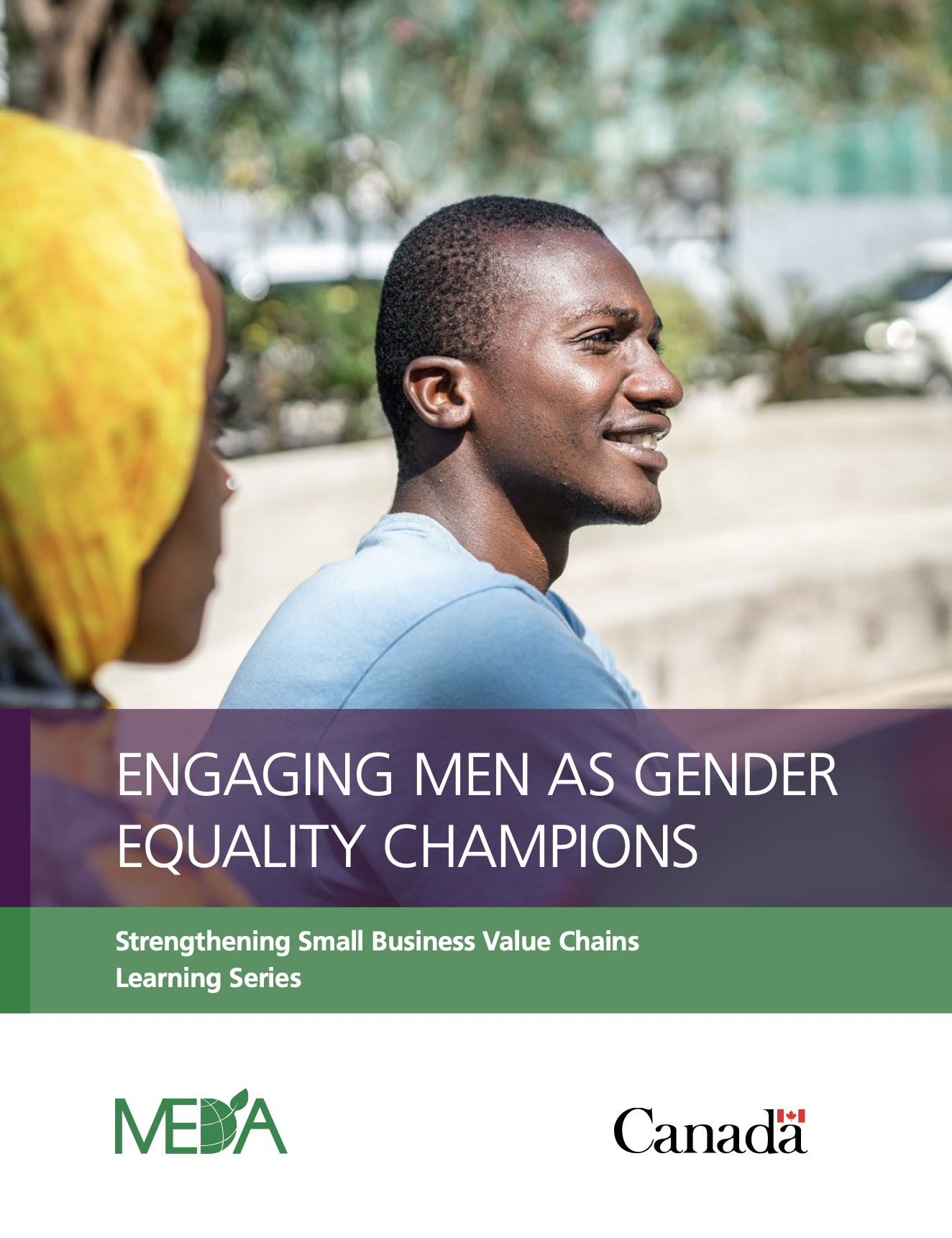2021 | MEDA

In our world, people of all genders are impacted by the roles, expectations, and behaviors placed upon them by society. Gender, as opposed to sex, is learned, and describes the ways that people are influenced by our family, community, country, and the world. Through our work with Gender Equality and Social Inclusion (GESI), MEDA understands that women and marginalized populations do not exist in isolation, their lives are interwoven with others. If changes take place in a woman’s life, such as increased agency and realization of rights or increased access to opportunities, it will impact others in her family. For this change to be meaningful and sustainable, men must be included in the process, so that they understand the reasons for and benefits of these changes and are not threatened by them. In the same way, men must change to recognize harmful perspectives and behaviors associated with masculinity and patriarchy, that are ultimately disempowering for everyone. They must also act in a way which accounts for historical injustices which wrongfully benefitted men at the expense of women. For example, women are pressured to stay at home and focus on being caregivers at the expense of their personal and economic development, while men may be expected to engage in risky behavior, violence, and suppression of emotions at the expense of their personal safety and emotional development.

1621 North Kent Street, Ste 900,
Arlington, VA, 22209
P 202.534.1400
F 703.276.1433
Website Photos: © mari matsuri
